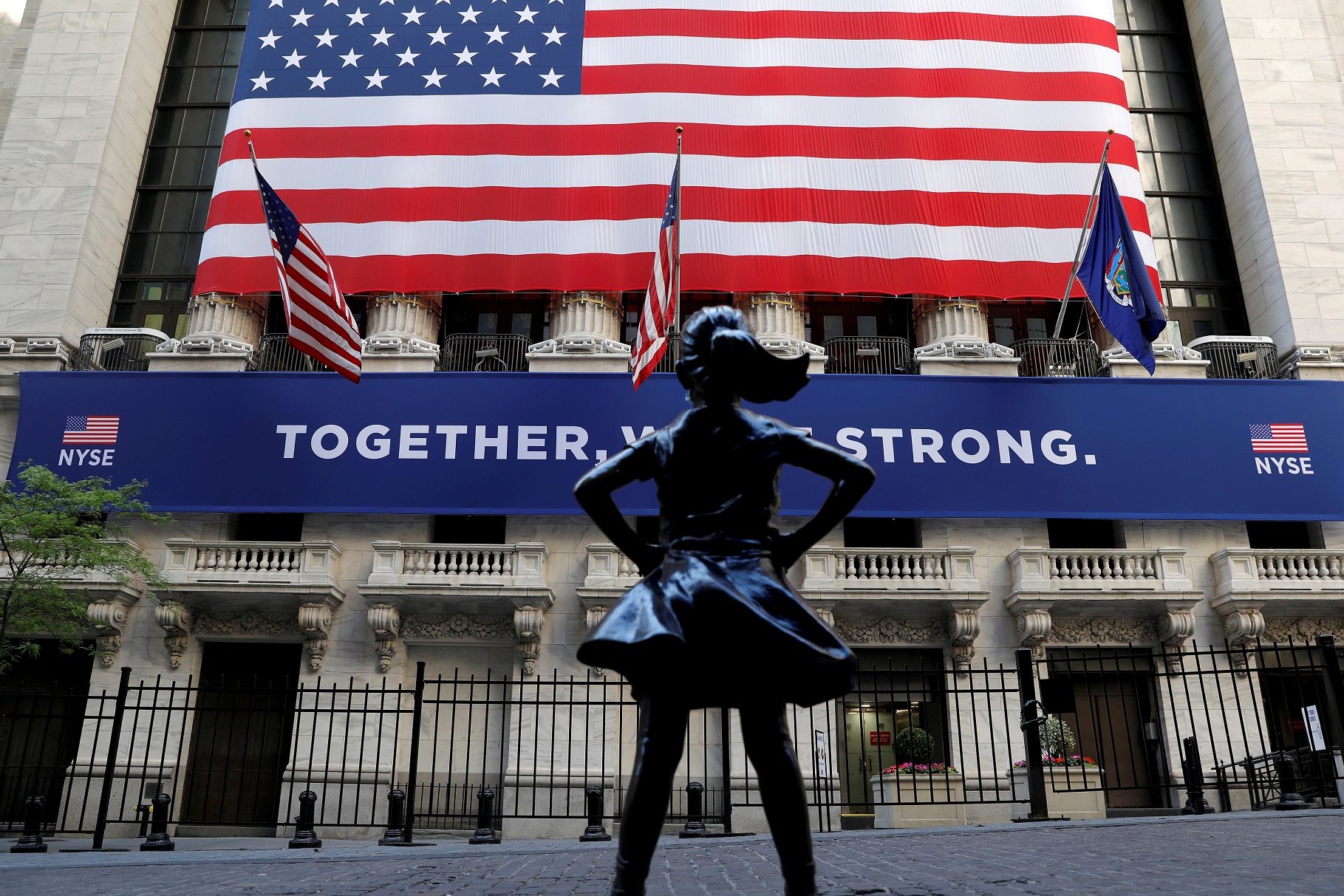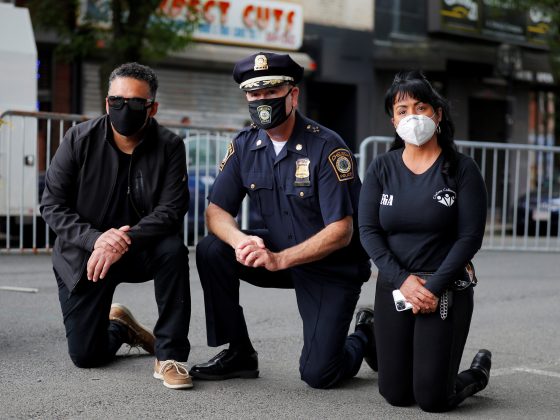All over the world, there is a growing feeling that we are in a very sensitive and precarious state.
Although the ground is apparently still stable despite the global troubles, everything beneath the surface is bubbling. But, in spite of all the fears and dangers, this situation can be turned to good if we re-examine our outlook on life, as individuals and as a society.
If once, food on the table was enough for a person to successfully complete his day, today, life without a computer, air conditioner, or television is hard to imagine. The technological age has created an artificial environment within the system of nature, providing creature comforts without which human existence is hard to imagine. At the same time, along with all the technological advancements, new dangers have arisen. Conventional warfare is no longer needed in order to paralyze a region or an entire country. One keyboard is enough to launch a cyberattack that jeopardizes the safety of thousands or millions. And in addition to the human threats, the planet teeters on the brink of ecological disasters that loom over our shared home.
“If the world wants to see a positive future, the individual’s natural inclination to exalt the self at the expense of others will have to be transformed and channeled into positive actions that benefit the entire society.”
At the root of all our problems lies the intensification of human egoism: People are building their self-serving success upon the wanton destruction of others. This is unequivocally the incubator for conflict and war. One’s ego looks to force itself, its interest and point of view, upon others, causing division and friction. Such is human nature, and if we fail to recognize that when we inflict harm upon others, we harm ourselves (since we are all connected in a global village)we will very likely not survive the 21st Century.
We lack the knowledge, understanding, and sensation that we exist in an interconnected world—we are one integral system, one mechanism. In this clear view of reality, a person cannot do anything to benefit himself unless he first makes certain that it does not damage others. In a nutshell, nothing can be good for me unless it is good for everyone.
Foremost kabbalist Rav Yehuda Ashlag, referred in his article, “Peace in the World,” to the need for an integral approach in order for humanity to thrive, “In our generation, when each person is aided for his happiness by all the countries in the world, it is necessary that to that extent, the individual becomes enslaved to the whole world, like a wheel in a machine. Therefore, the possibility of making good, happy, and peaceful conducts in one state is inconceivable when it is not so in all the countries in the world, and vice versa.”
Consequently, he also emphasized, “It thus turns out that the collective and the individual are one and the same. And the individual is not harmed because of his enslavement to the collective, since the freedom of the collective and the freedom of the individual are one and the same, too.”
If the world wants to see a positive future, the individual’s natural inclination to exalt the self at the expense of others will have to be transformed and channeled into positive actions that benefit the entire society. Instead of self-destructive, egoistic competition, the human race can only accommodate those who raise the bar higher for the benefit of the entire society. In such a scenario, people will not look at others with the desire to squelch or belittle them, but will search for ways to raise the standard of living for each and every one, so all will be satisfied.
Taking the broad view, we now stand at a crossroads, and as a result, we must be committed to reevaluate the reckless way we have continually progressed. If we persist in the same form of egoistic competition, it threatens to quickly get out of hand and result in nuclear world war or ecological catastrophes. Therefore, it is crucial that we change course immediately and learn how to guide ourselves and humanity safely to a new way of life, where we harmonize with nature, whose parts are all linked.
At the heart of the change each of us must make is the conscious transition from the pursuit of selfish personal comfort to a quest to ensure everyone’s well-being. In our interconnected world, there is no other way to guarantee security and a good future for us, our children, and our grandchildren. Together we can build a life of truth, a life where the best interest of all is the most highly valued commodity. If we start moving forward together in this direction, we will quickly discover how many more wonderful things open up to us that now lie hidden in the depths of nature.











